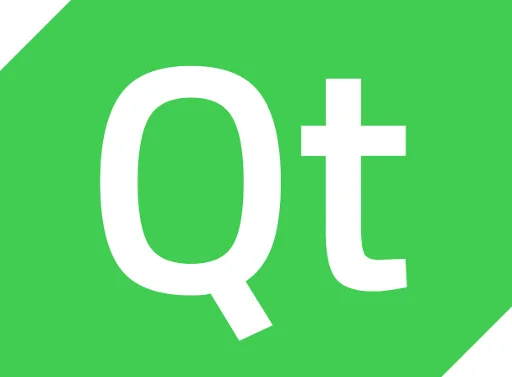Qt Developers Discuss Theoretical Clang-Based Tool For Porting Qt5 Code To Qt6

This theoretical tool could dramatically help with Qt 6 adoption if it's in large part able to convert most Qt 5 code into Qt 6 compatible usage.
Vitaly Fanaskov of The Qt Company has brought up a mailing list discussion on the following premise:
Provide clang-based tools to (semi-)automatically port users' code bases to a new version of Qt. These tools might either fix a code or at least add a comment in potentially problematic places where a user should correct the code. A developer who changes API should also implement a rule for these tools. And of course slightly adjust API design guides.
It's certainly an interesting concept of being able to (semi-)automatically convert Qt5 code into Qt6 or at least lowering the barrier for coding. LLVM/Clang has been leveraged for efforts like automatic code formatting, translating code, and other innovative use-cases so it's certainly not out of the realm of possibilities.
But no one has actually written this utility yet and it's not clear if The Qt Company themselves are planning on doing so. Views expressed against this proposal is that Clang isn't able to compile all Qt-using code-bases so it wouldn't be universal and that such conversion code has yet to be written. Auto-generated code also tends to not look as good as manually written code, but we'll see if this effort goes anywhere for helping Qt 6 adoption for its debut at the end of 2020.
23 Comments

